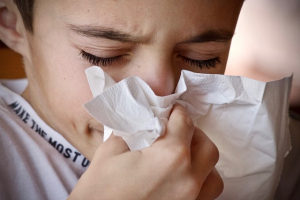Clinical studies show a clear correlation between Alzheimer’s Disease and low selenium status. Lower selenium status is associated with worse cognitive decline [Aaseth 2016].
In many regions of Europe and the Middle East, there is poor selenium content in the soil and, accordingly, lower intake of selenium from food sources [Stoffaneller & Morse 2015; Winther 2020].

The daily intake of selenium from food in many European countries is well below the amount needed for optimal function of important selenoproteins. The needed intake of selenium from food is estimated to be at least 105 mcg per day [Winther 2020, fig. 2].
Using evidence from human studies in various countries, Prof. Jan Aaseth and colleagues have documented the association between lower selenium status and Alzheimer’s Disease and/or cognitive impairment [Aaseth 2016].

